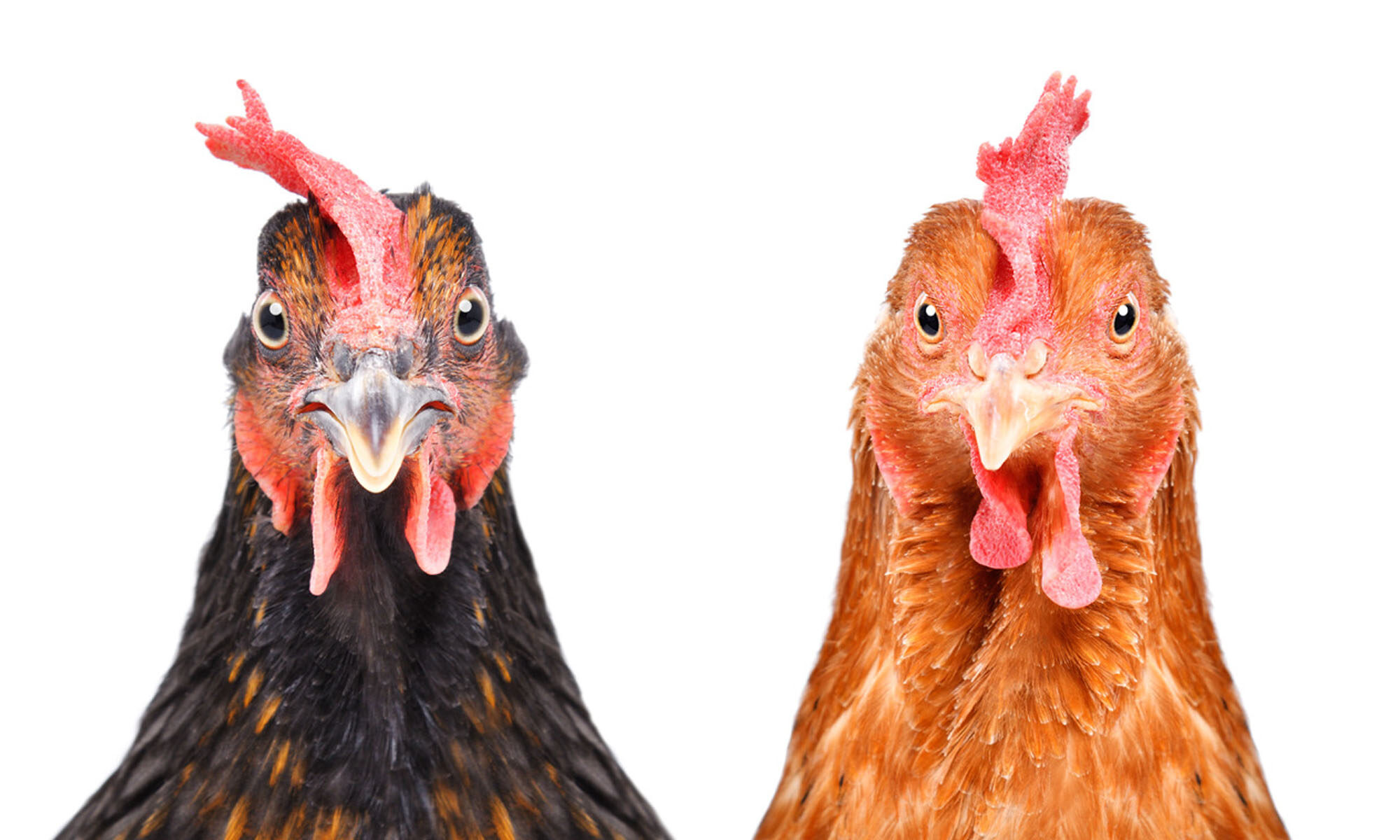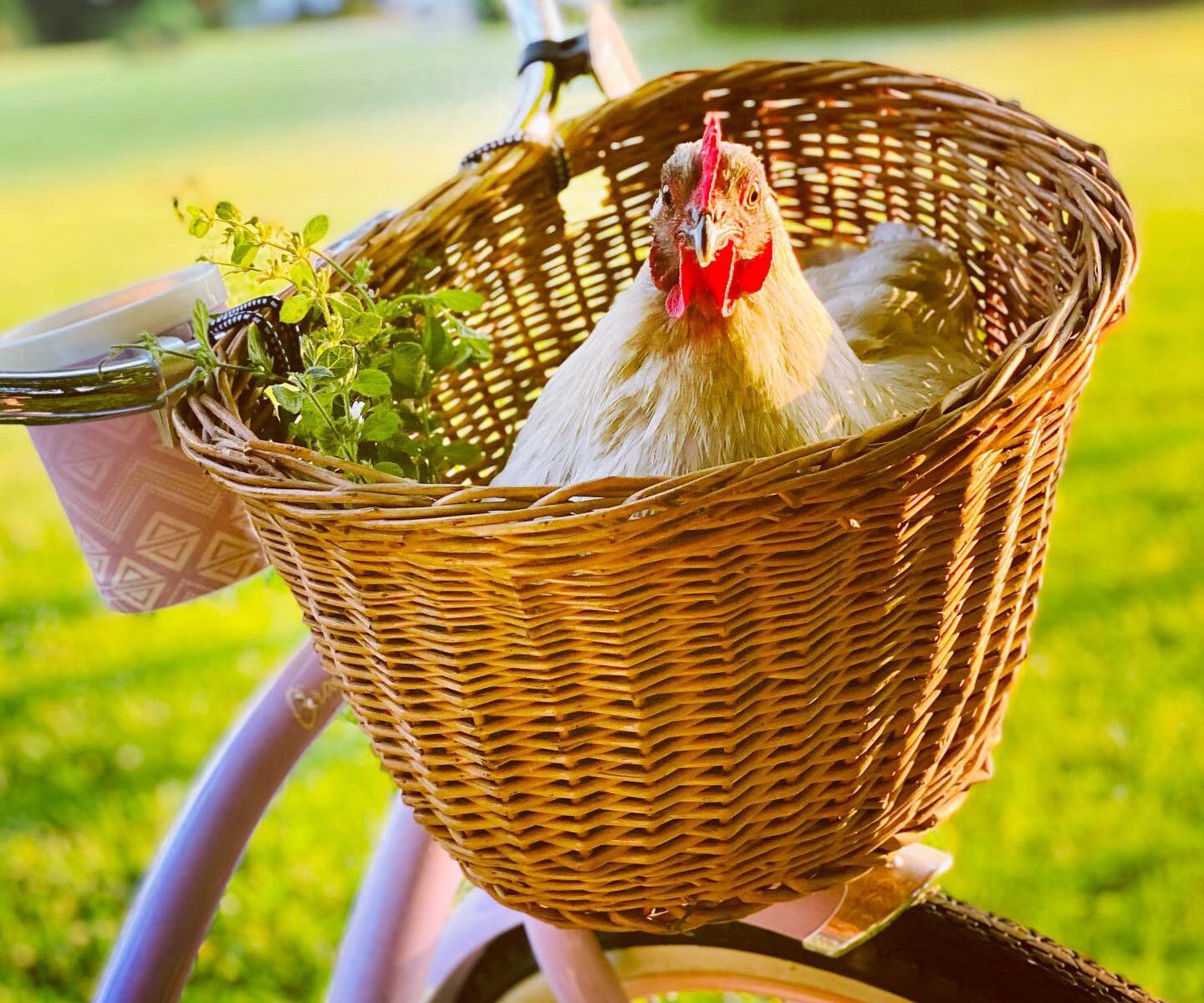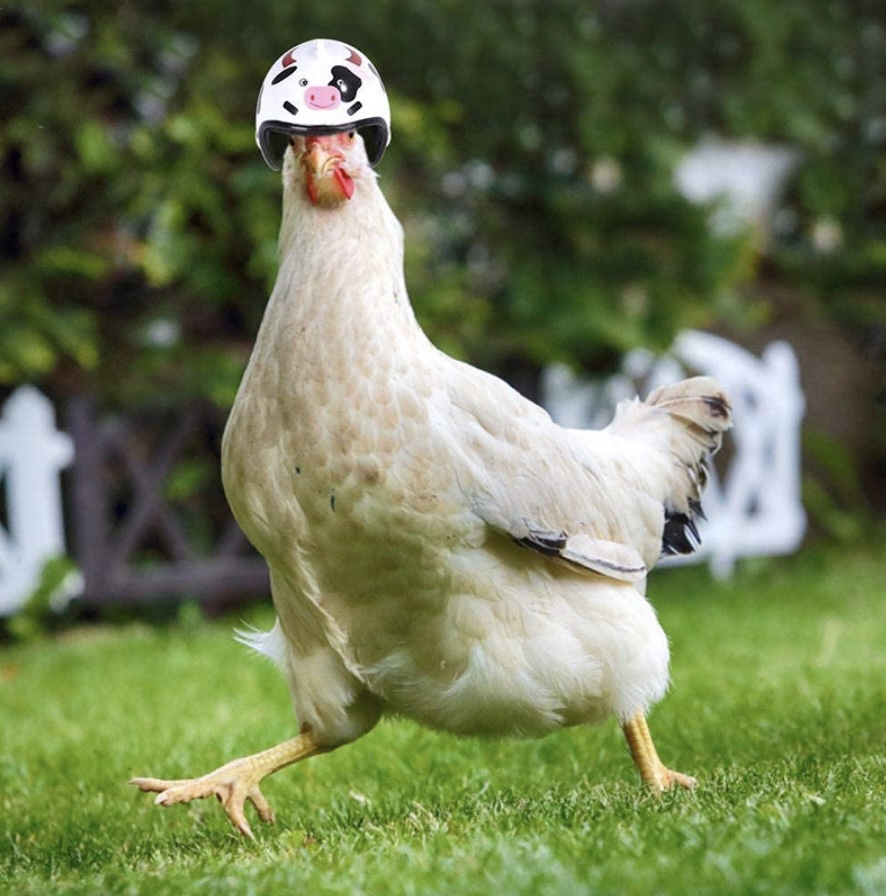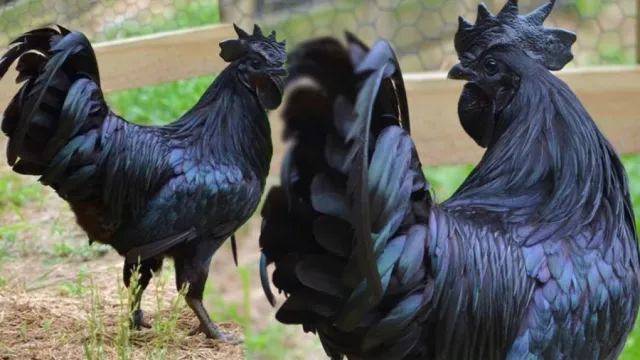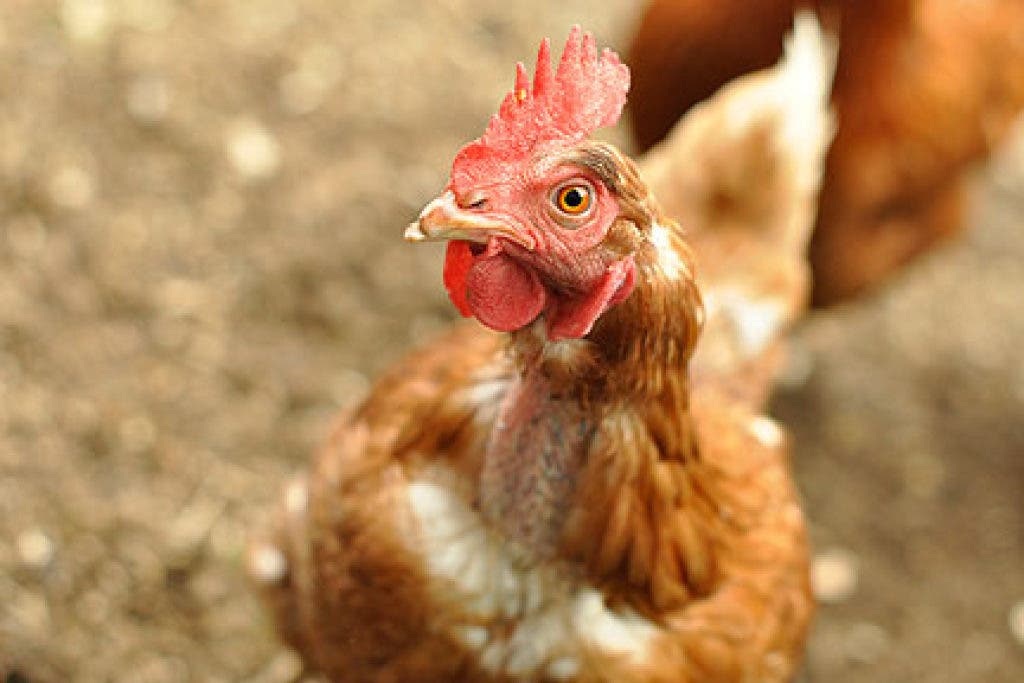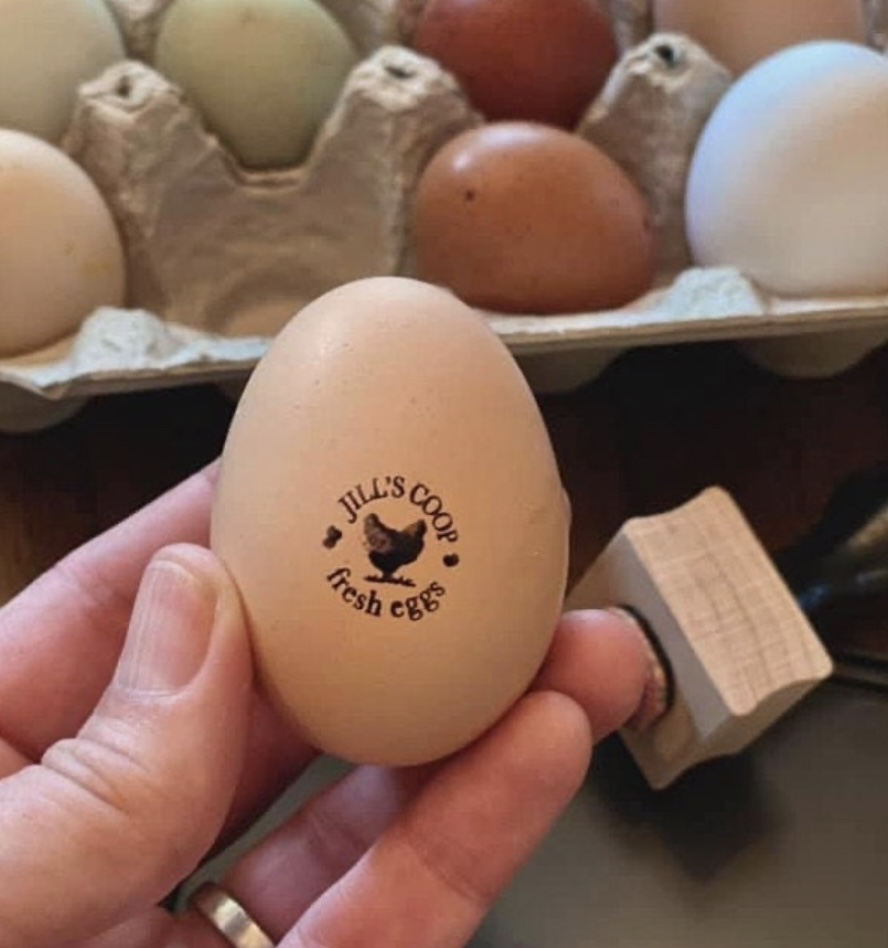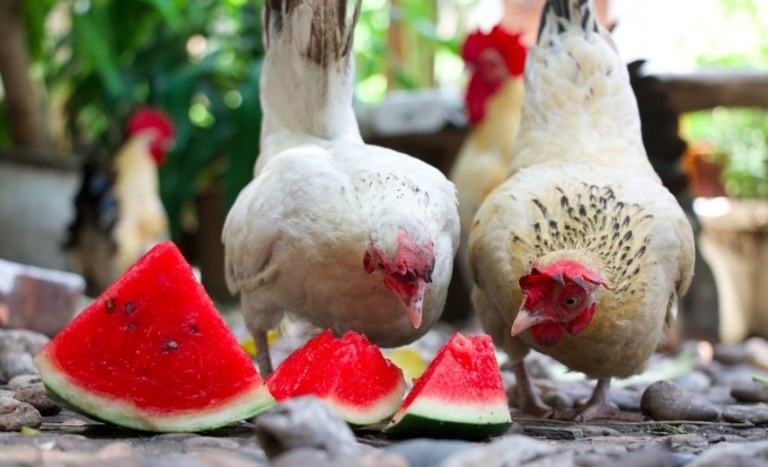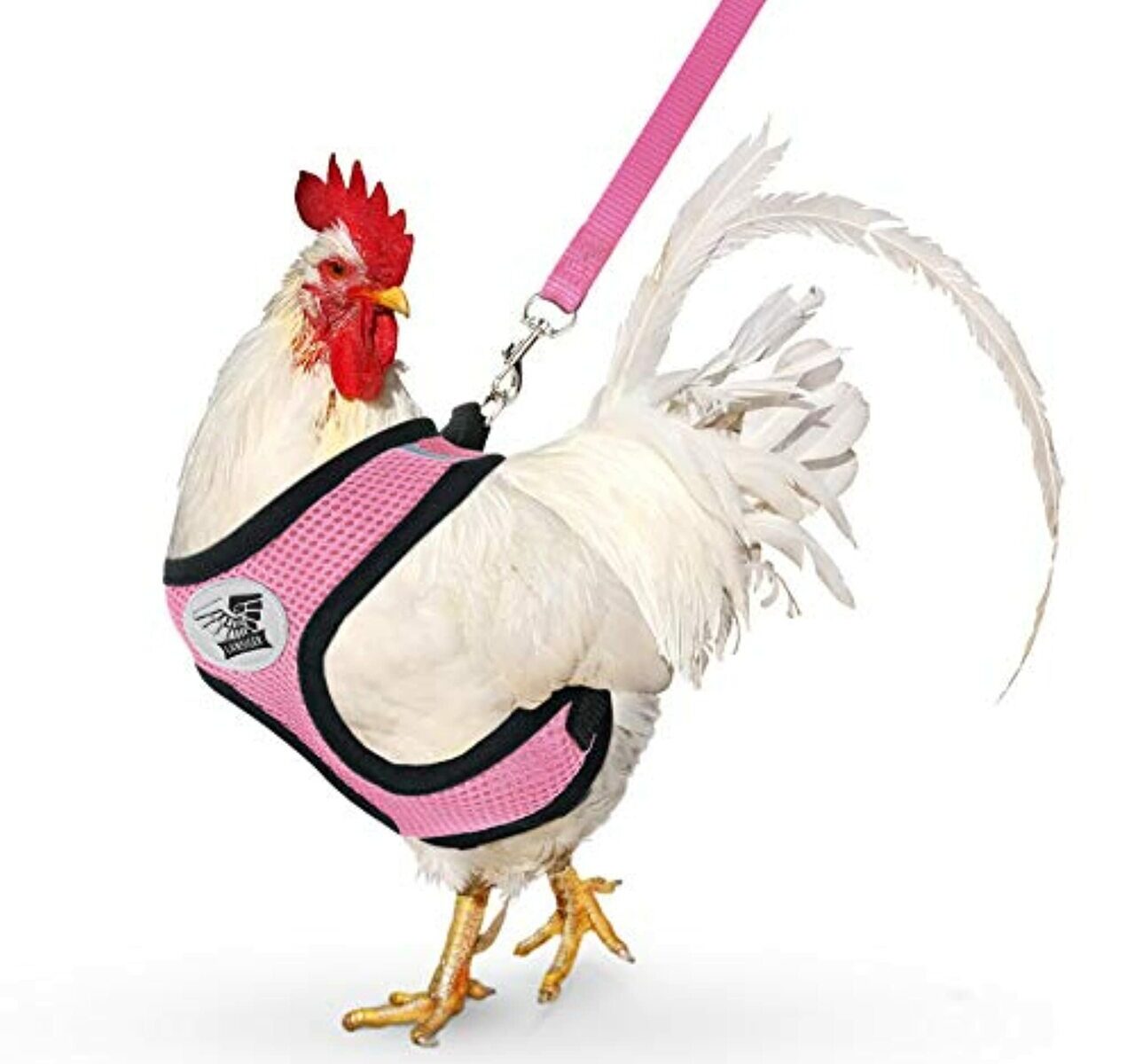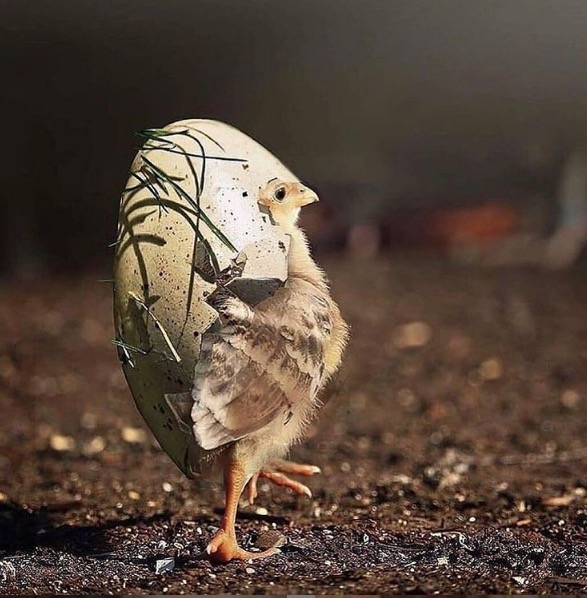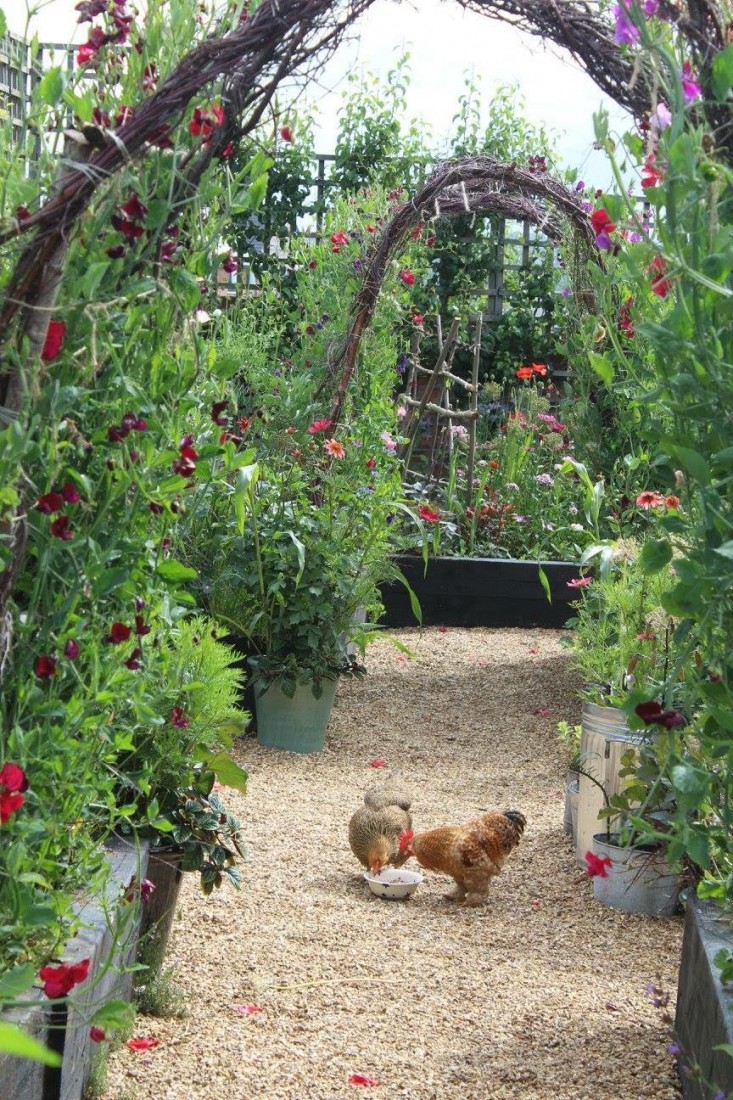We are so excited about 2021 and we wanted to share beautiful garden ideas for your chickens.
We have designed our property to allow our chickens to roam free. As we love gardening, we felt that it was important to cultivate plants that both the chickens and us could enjoy.
Here is our favorite list of plants to grow in your garden:
1. Sunflowers
These flowers are very hardy and they thrive between zones five through nine. To make a chicken-friendly treat out of your sunflowers, cut the seed heads down in August thru September, dry them in a place where birds can’t get them and feed the dried seeds to your flock.
2. Fennel
This plant provides delicious seeds for your chickens and the lacy pods attract insect pollinators so they will have an additional treat when they snack. The seeds also improve the reproductive health of chickens. Your hens will eat the leaves from the fennel and you will reap the benefits in daily eggs! The plant thrives in zones six through ten.
3. Swiss Chard
This leafy plant is a favorite of our bird buddies. We love it, too. Swiss chard thrives in zones five through nine are the best place to grow this plant.
4. Cucumbers
Cucumbers are a major favorite for our chickens. To feed your chickens cucumbers, you can simply slice off a few pieces and leave it for them to eat. The seeds do a great job at getting rid of nasty intestinal worms. The plants thrive in most zones throughout the country, although they do exceptionally well in warm and humid climates.
5. Watermelon
Our chickens like to devour the entire melon: seeds, rind, and the flesh. Watermelon can be grown in most growing zones and they take a like time to grow.
6. Corn
Our birds love sweet corn and so do we. You can opt to dry out the kernels or feed your chicks straight from the ear. The plant grows well in zones four through eight. We typically plant three to four rows of corn for various recipes.
7. Oregano
We cook with lots of this herb. We have also read that oregano provides a healthy boost to chicken immune systems since it works as an antibiotic. It grows best in zones five through nine.
8. Dandelions
We plant a lot of dandelions to enjoy in many culinary recipes throughout the year. It is another favorite of our chickens, too. Dandelions flourish in every region of the country.
9. Carrots
Another favorite of ours! We love to roast, sauté and pickle them. The chickens love the leafy part of the plant. Carrots grow in most zones due to the fact that they are biennial.
10. Beet and Beet Greens
One of the best features of beets is that your chickens can eat both the greens and the vegetables as well. Beets do a great job at cleansing the blood of your birds, and chickens will simply peck them apart until they are fully consumed. Beets grow well in most zones; however, they don’t grow as well in the hotter zones.
11. Strawberries
This is a hard plant to keep in the garden as our chickens tend to eat them before we get a chance to do so. We have a wide array of berries in our garden as we love all the varieties. Strawberries tend to grow during the spring, but some produce berries in the summer as well in zones four through nine. We have begun to growing this plant indoors.
12. Kale
These leaves are high in vitamin A, and have a high amount of other nutrients. We love using this plant for shakes, salads and even bake them to create a delicious chip. Our chickens can’t get enough of this plant. Kale flourishes in zones eight through ten and grows best in full sun.
13. Mustard Greens
Another leafy green that our chickens enjoy, mustard greens are nutrient-packed and can help your bird’s overall health. These greens grow best in zones eight through eleven, and since these greens tend to be attractive to pests, you’ll also provide your chickens with insects to munch on as well.
14. Pumpkins
Just like a watermelon, our chickens devour the entire gourd. They grow really well in zones three to seven. It takes a long time to grow these delicious plants: 85 to 120 days from planting depending on the variety that is grown.
Featured Photograph: Gardens of Emma Bridgewater by Arthur Parkinson
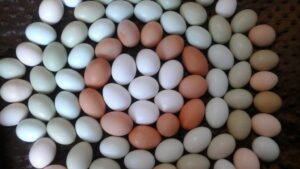 An advantage of having backyard chickens is that we can assure sanitary conditions; so the natural protective bloom can be preserved. If the nest boxes are kept clean, most eggs come out spotless, so washing after collection is unnecessary (read more on washing eggs or not here).
An advantage of having backyard chickens is that we can assure sanitary conditions; so the natural protective bloom can be preserved. If the nest boxes are kept clean, most eggs come out spotless, so washing after collection is unnecessary (read more on washing eggs or not here).